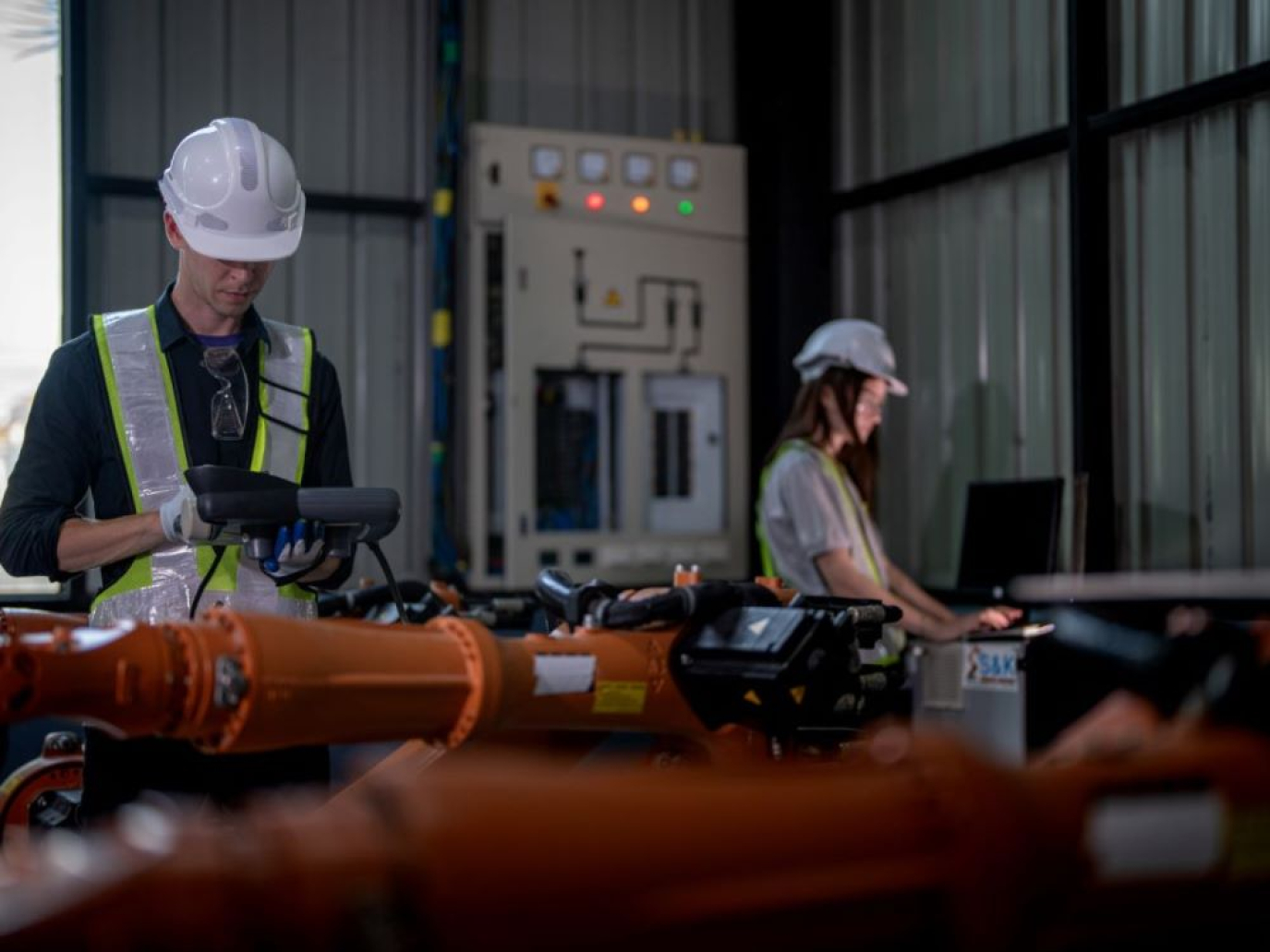
Maire has taken a significant step in the global energy transition through its subsidiary NextChem. The company, via its business unit MyRechemical, has been awarded a contract by Altalto Ltd. to develop an engineering study for the construction of a Sustainable Aviation Fuel (SAF) plant in Immingham, Lincolnshire, United Kingdom. The facility is expected to become operational by 2030 and will produce 30 million liters of SAF per year—equivalent to approximately 23,000 tons of low-carbon fuel.
This initiative aligns with the UK’s SAF Mandate, part of the national strategy to cut greenhouse gas emissions from aviation by at least 50% by 2050. The plant will convert residual municipal solid waste (MSW) and commercial and industrial (C&I) waste into high-quality synthetic fuel, turning non-recyclable waste into a valuable energy resource.
According to project estimates, the annual fuel output will be sufficient to power over 500 transatlantic flights between London and New York, reducing net CO₂ emissions by more than 100,000 tons per year. This substantial climate impact will be further enhanced by the integration of Carbon Capture and Storage (CCS) technologies, designed to capture and reuse CO₂ released during production.
Advanced Waste-to-Fuel Technologies
At the core of the Immingham project are NextChem’s proprietary NX Circular and NX CPO technologies. The NX Circular process converts waste into synthesis gas (syngas), which is then transformed into SynCrude through Velocys’s Fischer-Tropsch technology. This intermediate product is subsequently refined into high-quality sustainable fuels suitable for aviation. The NX CPO system, based on a controlled partial oxidation process, further optimizes carbon efficiency and maximizes yield while minimizing environmental impact.
Through MyRechemical, NextChem will act as the technology provider and coordinator among the industrial partners involved in the project. The NX Engineering District in Catania, together with other Maire Group companies, will provide technical and operational support during both the design and implementation phases.
Maire’s technological approach underlines the increasing role of waste-to-chemical processes in the circular economy. By transforming waste streams into energy products, these solutions can significantly reduce landfill use, cut methane emissions, and support the decarbonization of hard-to-abate sectors such as aviation. Globally, SAF is expected to represent up to 10% of total aviation fuel consumption by 2030, according to the International Air Transport Association (IATA), with production expected to rise from the current 0.5 billion liters to over 30 billion liters annually.
Economic and Employment Impact
Beyond its environmental benefits, the Immingham project is expected to have major economic and social impacts. Supported by the UK Department for Transport’s Advanced Fuels Fund, the initiative will generate around 1,000 direct and 300 indirect jobs during the construction phase, while creating approximately 100 permanent positions once operational. The investment will also contribute to strengthening the UK’s energy security by reducing dependence on imported fossil fuels and stimulating the local industrial supply chain.
According to Altalto, the project will attract new private capital and foster long-term innovation partnerships within the British bioenergy and waste management sectors. Moreover, by producing low-carbon fuel domestically, the UK could save up to £50 million per year in import costs while cutting lifecycle emissions by 80% compared to conventional jet fuel.
For Fabio Fritelli, Managing Director of NextChem, “this recognition confirms the validity and flexibility of our technological proposal, which meets the needs of mobility sector players, particularly in aviation where decarbonization is of fundamental importance.” His statement wants to underscore the strategic vision driving Maire’s international expansion and its role as a leading developer of circular and low-carbon solutions.
Cover: Envato image



